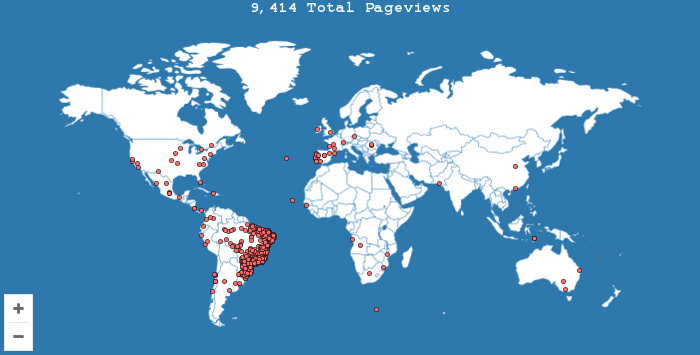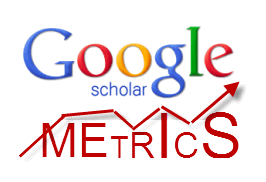A implementação da avaliação formativa e sumativa no ensino da Educação Física.
DOI:
https://doi.org/10.31496/rpd.v18i38.1174Abstract
A avaliação consiste na recolha de informações necessárias para um melhor desempenho do processo de aprendizagem dos alunos. O presente estudo teve como objetivos: i) conhecer até que ponto os professores do ensino secundário recorrem à avaliação formativa; ii) perceber a importância que os professores de Educação Física atribuem à avaliação formativa. Fizeram parte do estudo 71 professores dos ensinos básico e secundário regular, assim como 850 alunos, sendo 291 do 3º ciclo, 559 do ensino secundário. De acordo com os resultados obtidos, concluiu-se que se recorre à avaliação formativa nos processos de ensino e que se atribui grande importância à mesma por parte dos professores. Verificou-se que classificação da Avaliação Sumativa tende a aumentar, relativamente à Avaliação Formativa.
Downloads
References
ALEXANDER, R. Culture and pedagogy: International comparisons in Primary Education. Journal of Education for Teaching, v. 27, n. 3, p. 281-289, 2001.
ATKINS, D. H., KELLY, K. T., & MORRISON, G. S. Development of the child evaluation measure: An assessment of children's learning across disciplines and in multiple contexts. Educational & Psychological Measurement, v. 61, n. 3, p. 505, 2001.
BLANCHARD, J. Targets, assessment for learning, and whole-school improvement. Cambridge Journal of Education, v. 33, n. 2, p. 257, 2003.
BROWN, N. What makes a good educator? The relevance of meta programmes. Assessment & Evaluation in Higher Education, v. 29, n. 5, p. 515-533, 2004.
CHEN, W., MASON, S., STANISZEWSKI, C., UPTON, A., & VALLEY, M. Assessing the quality of teachers' teaching practices. Educational Assessment, Evaluation and Accountability, v. 24, n. 1, p. 25-41, 2012.
CLARK, C. Effective multicultural curriculum transformation across disciplines. Multicultural Perspectives, v. 4, n. 3, p. 37-46, 2002.
DAMON, W. Dispositions and teacher assessment: The need for a more rigorous definition. Journal of Teacher Education, v. 58, n. 5, p. 365-369, 2007.
DANUSSO, L., TESTA, I., & VICENTINI, M. Improving prospective teachers' knowledge about scientific models and modelling: Design and evaluation of a teacher education intervention. International Journal of Science Education, v. 32, n. 7, p. 871-905, 2010.
DARABI, A. A. Application of cognitive apprenticeship model to a graduate course in performance systems analysis: A case study. Educational Technology Research and Development, v. 53, n. 1, p. 49-64, 2005.
GIAMBONA, F., VASSALLO, E., & VASSILIADIS, E. Educational systems efficiency in European Union Countries. Studies in Educational Evaluation, v. 37, n. 2-3, p. 108-122, 2011.
GIBBONS, B. A. Supporting elementary science education for english learners: A constructivist evaluation instrument. Journal of Educational Research, v. 96, n. 6, p. 371-380, 2003.
GONÇALVES, F. Formative evaluation in Physical Education initial teacher training courses. Journal of Physical Education and Sport Management, v. 3, n. 1, p. 1-5, 2012.
HALL, T. J., & SMITH, M. A. Teacher planning, instruction and reflection: what we know about teacher cognitive processes. Quest, v. 58, n. 4, p. 424-442, 2006.
HUMPHRIES, C. A., HEBERT, E., DAIGLE, K., & MARTIN, J. Development of a Physical Education teaching efficacy scale. Measurement, Physical Education & Exercise Science, v. 16, n. 4, p. 284-299, 2012.
LEACH, J., & MOON, B. Pedagogy, information and communications technology and teachers' professional knowledge. Curriculum Journal, v. 11, n. 3, p. 385-404, 2000.
MARTIN, K. A. Development and validation of the coaching staff cohesion scale. Measurement. Physical Education & Exercise Science, v. 6, n. 1, p. 23-42, 2002.
MORAIS, A. M., NEVES, I. P., & AFONSO, M. Teacher training processes and teachers' competence-a sociological study in the primary school. Teaching and Teacher Education: An International Journal of Research and Studies, v. 21, n. 4, p. 415-437, 2005.
RASMUSSEN, A.; FRICHE, N. Roles of assessment in secondary education: Participant perspectives. Educational Assessment, Evaluation and Accountability, v. 23, n. 2, p. 113-129, 2011.
ROTHSTEIN, R.; JACOBSEN, R. The goals of education. Phi Delta Kappan, v. 88, n. 4, p. 264-272, 2006.
SAUNDERS, L. The challenges of small-scale evaluation in a foreign country: Reflections on practice. Educational Assessment, Evaluation and Accountability, v. 22, n. 3, p. 199-213, 2010.
STUFFLEBEAM, D. L.; WINGATE, L. A. A self-assessment procedure for use in evaluation training. American Journal of Evaluation, v. 26, n. 4, p. 544-561, 2005.
WESTON, T. Formative evaluation for implementation: Evaluating educational technology applications and lessons. American Journal of Evaluation, v. 25, n. 1, p. 51-64, 2004.
Downloads
Published
How to Cite
Issue
Section
License
Submitted texts approved by the Editorial Board of Revista Profissão Docente will be published, and their authors may use them for future publications, provided that the original edition is properly cited (title, Revista Profissão Docente, volume, issue, year of publication, and page numbers of the referenced text). All articles published in this journal are the sole responsibility of their authors. Revista Profissão Docente and Universidade de Uberaba assume no legal responsibility for their content.
















